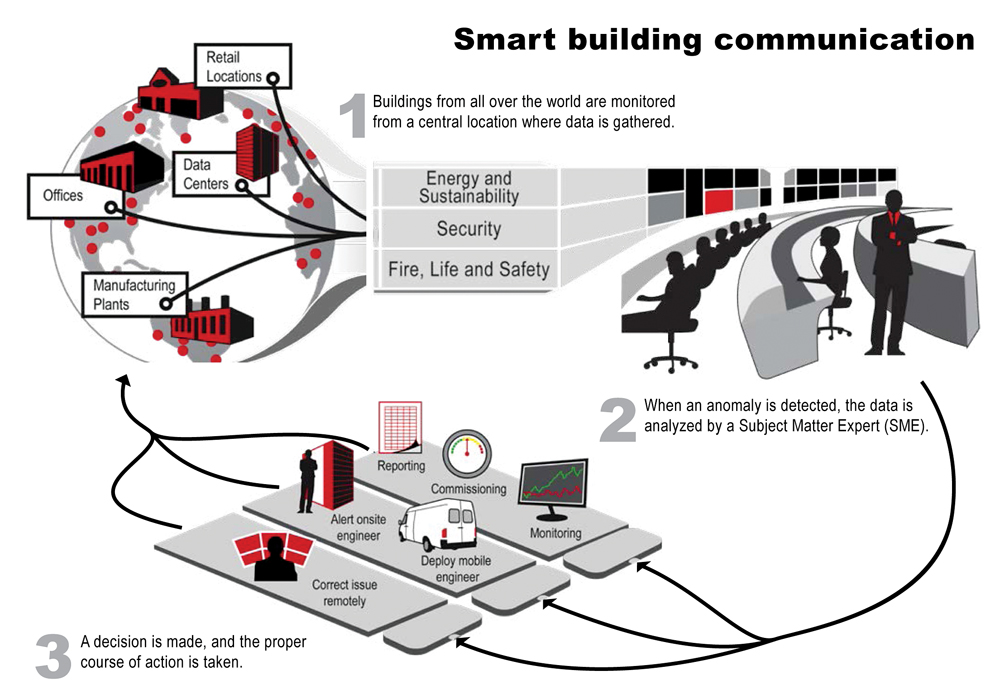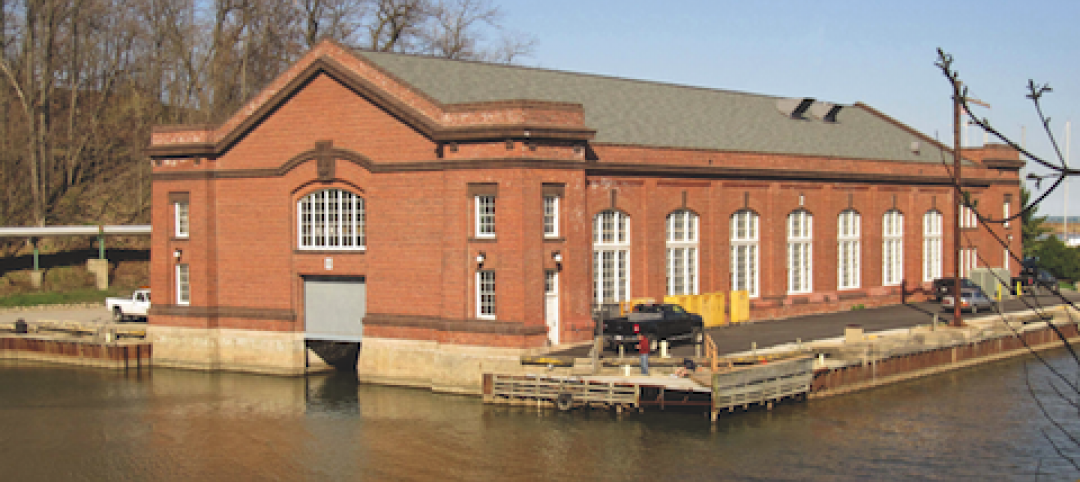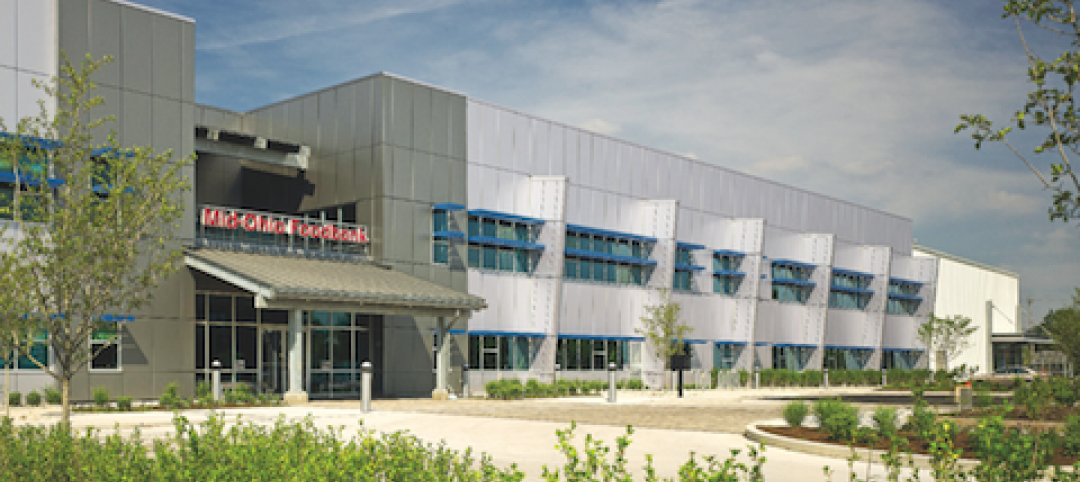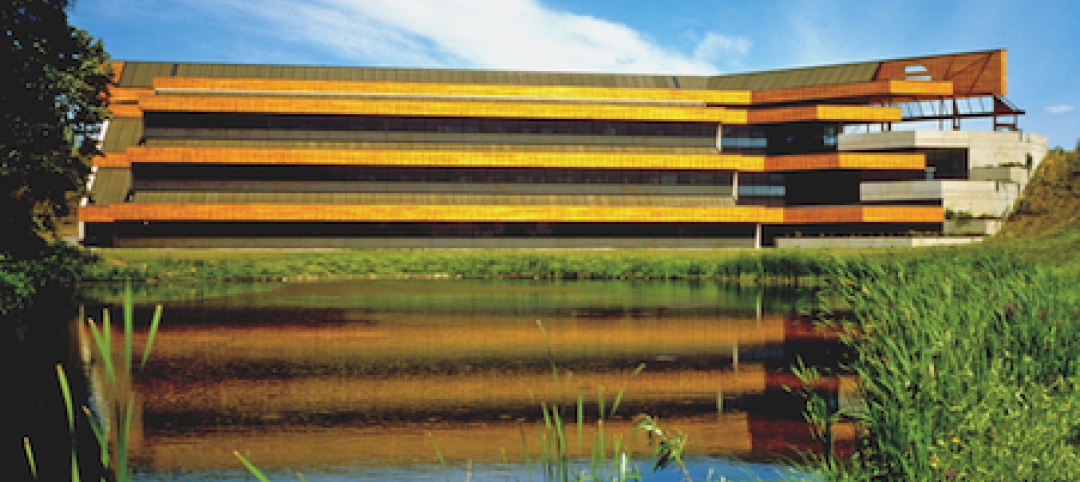Building automation systems and so-called “smart” controllers are nothing new. Building owners have been implementing remote monitoring and control systems for HVAC and lighting for decades. But with the cost of IT components like wireless sensors dropping and technologies like smart meters and cloud-based building management solutions coming on the market, a new era of connectivity and data generation is upon us.
The question becomes: How can commercial building owners leverage real-time, building-related data to more efficiently operate and maintain buildings? Can data analytics, for example, warn facilities teams about problems with equipment before they reach the point of failure? Can it detect subtle changes in fan speed, air temperatures, and energy consumption to trigger continuous adjustments to optimize equipment performance?
Real estate services giant Jones Lang LaSalle set out to answer these questions when it partnered with Pacific Controls to develop IntelliCommand, a 24/7 real-time remote monitoring and control service for its commercial real estate owner clients.
The service—which was pilot tested last year by Procter & Gamble on 12 of its buildings around the world, totaling 3.2 million sf—utilizes Pacific Controls’ wireless sensors to collect and send building performance data from various building automation systems to a remote command center operated by JLL. There, facilities operations experts who are well versed in data analytics and information technology are able to spot and diagnose anomalies that indicate a building system is not running efficiently.
The command center tracks data around the clock, allowing facilities experts to make constant adjustments to fine-tune building performance and address equipment problems before they become serious.
“We can do everything from test equipment to fix building controls remotely,” says Leo O’Loughlin, JLL’s Senior Vice President of Energy and Sustainability, who presented on the topic at BD+C’s BUILDINGChicago/Greening the Heartland conference in September. “For example, our command center has the ability to remotely test 500 VAV boxes in multiple buildings in multiple locations at 2 a.m. and then submit a work order for the 15 or 20 that need fixing.”
O’Loughlin calls JLL’s new service the future of commissioning—continuous, monitor-based commissioning versus the traditional approach of assess/diagnose/fix/let deteriorate. “It’s all about getting ahead of the maintenance curve,” he says.
The results from the P&G pilot test were impressive: energy costs were slashed by 10% across the 12 buildings in just 11 months, and the investment paid for itself in three months—all without implementing any major building system upgrades.
Managers were able to identify problems that manual inspections could not detect, according to O’Loughlin, including inaccurate thermostat default settings, a temperature anomaly indicating that a heater was operating when not needed, and room-to-room temperature differences that indicated malfunctioning dampers, triggering unnecessary air conditioning. The service saved 8% in energy costs at one pilot location simply by reducing HVAC activity on nights, weekends, and holidays.
“It makes smart buildings smarter,” says Larry Bridge, Global Facilities and Real Estate Governance Manager at P&G. Bridge is currently working with JLL to deploy IntelliCommand throughout its global real estate portfolio of 76 buildings. “Smart building technology is not just about energy cost savings,” he says. “We also get reliability improvements and more efficient work order production.”
Related Stories
| Oct 12, 2010
Building 13 Naval Station, Great Lakes, Ill.
27th Annual Reconstruction Awards—Gold Award. Designed by Chicago architect Jarvis Hunt and constructed in 1903, Building 13 is one of 39 structures within the Great Lakes Historic District at Naval Station Great Lakes, Ill.
| Oct 12, 2010
Full Steam Ahead for Sustainable Power Plant
An innovative restoration turns a historic but inoperable coal-burning steam plant into a modern, energy-efficient marvel at Duke University.
| Oct 12, 2010
From ‘Plain Box’ to Community Asset
The Mid-Ohio Foodbank helps provide 55,000 meals a day to the hungry. Who would guess that it was once a nondescript mattress factory?
| Oct 11, 2010
HGA wins 25-Year Award from AIA Minnesota
HGA Architects and Engineers won a 25-Year Award from AIA Minnesota for the Willow Lake Laboratory.
| Oct 11, 2010
MBMA Releases Fire Resistance Design Guide for metal building systems
The Metal Building Manufacturers Association (MBMA) announces the release of the 2010 Fire Resistance Design Guide for Metal Building Systems. The guide provides building owners, architects, engineers, specifiers, fire marshals, building code officials, contractors, product vendors, builders and metal building manufacturers information on how to effectively meet fire resistance requirements of a project with metal building systems.
| Oct 11, 2010
Rhode Island is the first state to adopt IGCC
Rhode Island is the first state to adopt the International Green Construction Code (IGCC). The Rhode Island Green Buildings Act identifies the IGCC as an equivalent standard in compliance with requirements that all public agency major facility projects be designed and constructed as green buildings. The Rules and Regulations to implement the Act take effect in October 2010.
| Oct 8, 2010
Union Bank’S San Diego HQ awarded LEED Gold
Union Bank’s San Diego headquarters building located at 530 B Street has been awarded LEED Gold certification from the Green Building Certification Institute under the standards established by the U.S. Green Building Council. Gold status was awarded to six buildings across the United States in the most recent certification and Union Bank’s San Diego headquarters building is one of only two in California.
| Oct 6, 2010
Windows Keep Green Goals in View
The DOE's National Renewable Energy Laboratory has almost 600 window openings, and yet it's targeting LEED Platinum, net-zero energy use, and 50% improvement over ASHRAE 90.1. How the window ‘problem’ is part of the solution.
| Oct 6, 2010
From grocery store to culinary school
A former West Philadelphia supermarket is moving up the food chain, transitioning from grocery store to the Center for Culinary Enterprise, a business culinary training school.
| Sep 30, 2010
Luxury hotels lead industry in green accommodations
Results from the American Hotel & Lodging Association’s 2010 Lodging Survey showed that luxury and upper-upscale hotels are most likely to feature green amenities and earn green certifications. Results were tallied from 8,800 respondents, for a very respectable 18% response rate. Questions focused on 14 green-related categories, including allergy-free rooms, water-saving programs, energy management systems, recycling programs, green certification, and green renovation.














